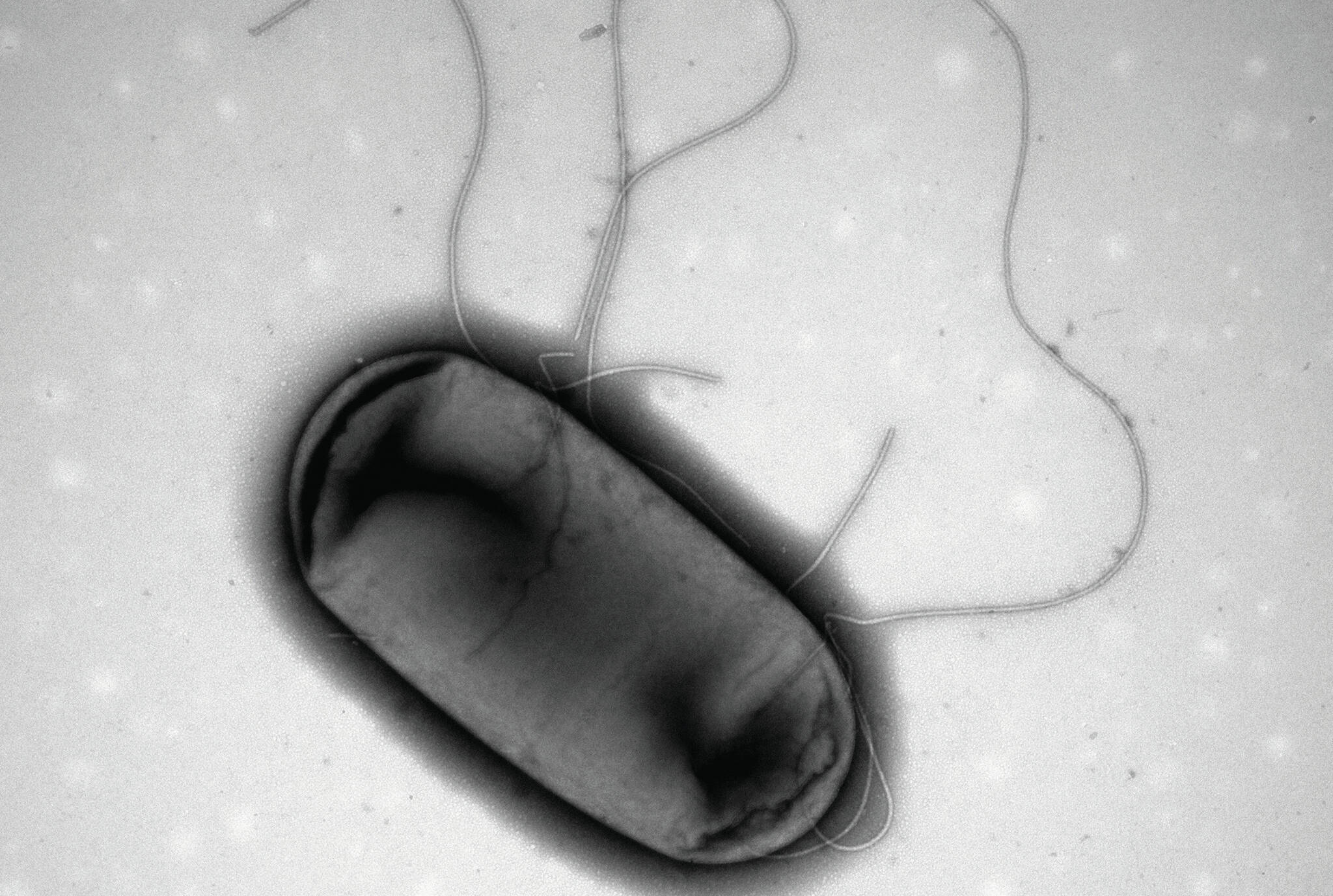Lower Mainland university researchers are studying superbugs to help in the development of new treatments for drug-resistant bacterial infections.
Simon Fraser University researchers are studying the genes of superbugs, which are infection-causing bacteria resistant to treatment with antibiotics. The research is a collaboration between Lee Lab and Brinkman Lab, which are working together as part of the interdisciplinary SFU Omics Data Science Initiative (OSDI).
The World Health Organization has named antibiotic or antimicrobial resistance as one of the top 10 global health threats.
READ MORE: Worrisome cases of ‘super-gonorrhea’ reported throughout the world
Assistant professor Amy Lee said antimicrobial resistant happens when disease-causing bacteria has ways to overcome the antibiotics use in treatment for infections.
Lee, who is part of SFU’s Department of Molecular Biology and Biochemistry, said the lab is trying to understand how bacteria develop resistance since it makes the drug ineffective.
SFU says the team has done analyses on thousands of bacterial genomes, including E. coli.
The study’s lead author Venus Lau was most interested in was Pseudomonas aeruginosa, which is “known to be naturally resistant to drugs based on their cell membranes.” It can cause infections in the blood, lungs (pneumonia) or other parts of the body, particularly in those who are ill or recovering from surgery in hospital.
“Drugs don’t get into this bacterium easily and they tend to acquire other resistance mechanisms over time. It’s a difficult bug to treat.”
Meantime, antivirulence drugs are another way to overcome drug-resistant bacterial infections.
an alternative approach to treating bacterial infections with antibiotics to overcome the issue of drug resistance involves antivirulence drugs. SFU notes new antivirulence therapies “work to ‘disarm’ or inhibit the ability of the bacteria to cause disease without causing resistance to develop, which is compared to antibiotics that kill bacteria, which essentially encourages the bacteria to ‘”fight back” by developing drug resistance.
Patrick Taylor, an SFU molecular biology and biochemistry post-doctoral fellow, said antivirulence therapeutics can mitigate disease and reduce the burden on the healthcare system by reducing the bacteria’s ability to cause damage, which provides time for the person’s immune system to clear the pathogen.
READ ALSO: Superbugs are keeping microbiologists up at night
@laurenpcollins1
lauren.collins@blackpress.ca
Like us on Facebook and follow us on Twitter.

